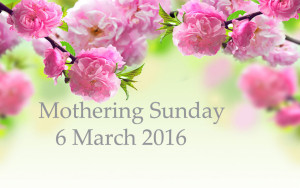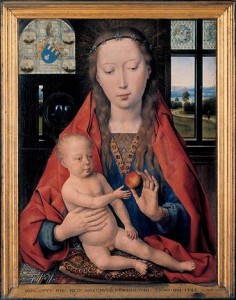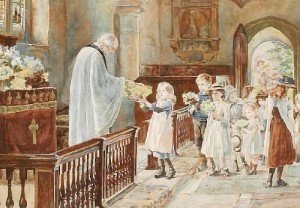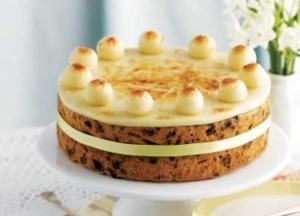This is a topic that always gets people talking and scheming. HOW can we pull this off!!!?!!! Is there a way to make my heroine a duchess in her own right? The answer is yes, but you’d have to model your fictional title after that of the Duke of Marlborough, and seeing as this is the ONLY dukedom that can be inherited by a daughter, you’d have to create a very detailed background for your family and there would likely be a lot of howling. It’s rather easy (comparatively speaking) for your heroine to be a countess or a baroness in her own right though. It all comes down to how the title was created …
Ancient Earldoms were mainly created by investiture and oral grant by the king (aka girding; literally belting the man). They were sometimes created by an Act of Parliament and would have a Royal Charter (before Henry VI [1422-1461] per Peerage Law in England; after this point letter patent are the norm). Dukedoms, and marquisates are later creations and were mainly created by charter. Viscounties (a very late comer to England) have always been created by letters patent. Baronies are where it gets fun … initially they were connected to the land. In the time of Edward I [1272-1307] they became distinct inheritances and were created by writ (being summoned to parliament). In 1387 came the first creation by letters patent. From the time of James I [ruled England 1603-1625], creation of baronies was exclusively by letters patent. So to have your barony or earldom in fee simple, it has to be very old, and the family has to have never been granted a higher title.
These peerages can have different rules of inheritance, depending on how they were created. They can be in fee simple (usual for ancient earldoms and baronies by writ), in fee tail general (all heirs of the body, meaning both sons and daughters), and in fee tail male. At their creation they might also have been in fee tail special (usually where there was no son and the inheritance was directed to a specific person such as a daughter’s son or husband or the title-holder’s brother. The second creation of the Duke of Marlborough is a good example of this (he had no sons so his title was allowed to be inherited by his daughters).
When a title is in fee simple, it usually means there are no letters patent spelling anything out. The peerage was created by writ of summons or girding, and is so ancient that there are no records specifying a limitation of the tail. It is generally treated the same as in fee tail general for inheritance purposes, but this could be tricky, as in fee simple legalistically means “to his heirs” not limited to “heirs of his body” (so collateral relations can inherit if all branches of direct descent fail, and this happened on occasion way, way back [usually within a generation or two of the creation of the title]; the law book says that such failure has been “of such rare occurrence in the history of the peerage that this rule need not detain us”). The reason that quite a few baronies can be inherited by women is that when they are created by writ, they are inherited in fee simple. This is also true for some of the older earldoms (if you look at the law book I linked to earlier, there is a list of them p. 118-119).
When a title is in fee tail general, the letters patent say “the heirs of his body”. Sons always have legal precedence over daughters and elder sons over younger sons (basic English law of primogeniture). But this is how you can get a female heir to a title, co-heiresses (when there are more than one daughter and no sons), and titles falling in abeyance (basically being put in limbo until only one claim remains, or until the Crown picks an heir, and yes, this is the one interference allowed the king; how’s that for a plot bunny?).
Most common, of course, is for the title to be in fee tail male (the heirs of the body male) so that only direct male descendants are eligible to inherit. This is the real limitation on having a dukedom inherited by a woman. They’re all just too new to have been created under the old system. The oldest extant (non-royal) dukedom is that of the Duke of Norfolk, and was created by letters patent in fee tail male. And this is the case with all the others as well (with the already noted exception).
One more interesting legal bit to remember, while a man might hold many titles (George Fruit, Duke of Apple, Marquess of Orange, Earl of Pear and Rose, Baron Fruit and Flower), they might not all have the SAME rules of inheritance. So, George, the Duke of Apple dies, leaving behind a younger brother and a daughter as his heirs. Under most circumstances, all the titles will go to the duke’s brother, BUT, depending on how the duplicate titles were inherited, and IF the duplicate title is in fee simple or in fee tail general, then the daughter COULD inherit it, and after she makes her claim, the titles she was legally heir to, and any holdings entailed to them, would be broken off from the inheritance of the new duke and she would become a peeress in her own right. This was even more likely if some of the titles were Scottish and some were English (see the division of the titles of the 5th Duke of Sutherland).
Basically it would work like this:
These are direct titles which have built up upon one another in the same male line. The younger brother will get all of these, even though the earldom and barony are in fee tail general or simple and could go to a daughter. I can find no cases of a direct line of titles being broken in favor of multiple heirs.
Duke of Apple, in fee tail male
Marquess of Orange, in fee tail male
Earl of Pear, in fee tail general
Baron Fruit, in fee simple
But the Earl of Rose and Baron Flower are not related to the dukedom in the same way as they others. They might have come into the family through the marriage (having already been inherited by a woman in a past generation) or they might have belonged to a distant male relative and devolved that way to the Fruits. Because Rose and Flower are not in the direct line of Apple, and because they are (for our example) in fee simple or in fee tail general, they can be broken off and can go to the most direct heir of the body. And that is the recently deceased duke’s daughter, not his brother. This is not to say that the daughter HAD to make this claim, or that she would even know it was possible to make it. There have surely been many claims daughters could have make over the years that they didn’t, and thus the titles and lands went to the more distant male heir without a fuss.
So there you have it, ways to get yourself tied into legalistic knots for fun (and maybe profit).

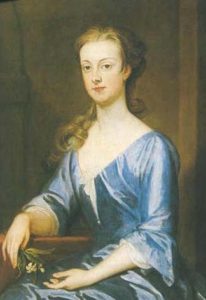
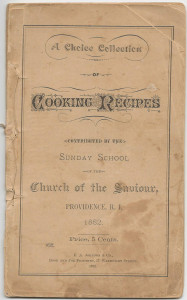
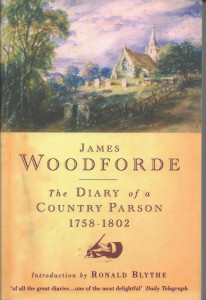
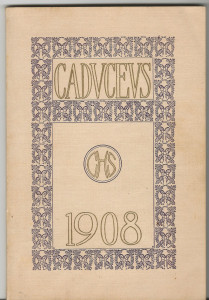
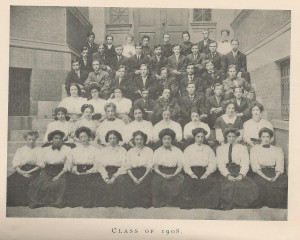
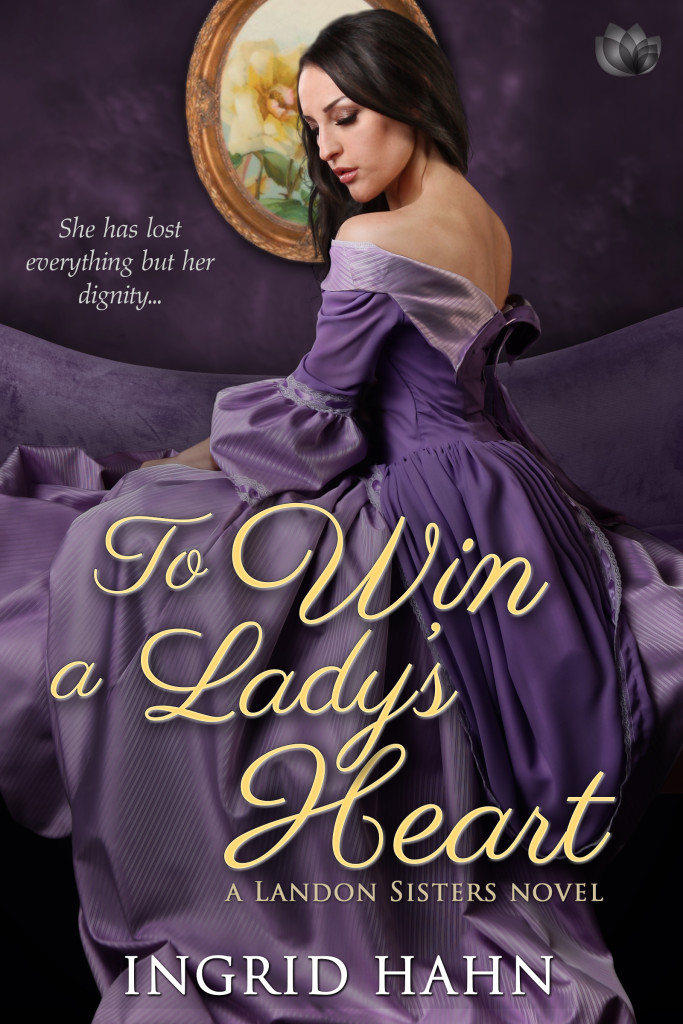 Today I’m very excited to welcome debut author Ingrid Hahn to the Riskies with her book To Win a Lady’s Heart. Welcome, Ingrid and congratulations!
Today I’m very excited to welcome debut author Ingrid Hahn to the Riskies with her book To Win a Lady’s Heart. Welcome, Ingrid and congratulations! Oh! Well. Even though physically she’s not as I imagine my heroine, Grace, I would want a young Jennifer Connolly. Nobody can do unassumingly powerful and secretly vulnerable like Jennifer Connolly. She’s probably a little too beautiful to be Grace, not the Grace isn’t beautiful, but we could let that point slide.
Oh! Well. Even though physically she’s not as I imagine my heroine, Grace, I would want a young Jennifer Connolly. Nobody can do unassumingly powerful and secretly vulnerable like Jennifer Connolly. She’s probably a little too beautiful to be Grace, not the Grace isn’t beautiful, but we could let that point slide. For my hero I’d want a complete unknown. Someone highly trained on the stage who can do incredible acting with minute expression changes and through his eyes. I’d want the glossy magazines to all be crying in outrage: ‘They cast WHO to play John Merrick?’ and ‘Our list of who we would have cast.’ And then for him to become a huge, iconic star always best known for his breakout role in the movie made from my book.
For my hero I’d want a complete unknown. Someone highly trained on the stage who can do incredible acting with minute expression changes and through his eyes. I’d want the glossy magazines to all be crying in outrage: ‘They cast WHO to play John Merrick?’ and ‘Our list of who we would have cast.’ And then for him to become a huge, iconic star always best known for his breakout role in the movie made from my book. For the Landon Sisters’ mother, Lady Bennington, there is no question. She’s one part Mrs. Bennet, one part —Deanna Troi’s mother in Star Trek: The Next Generation. So she’d definitely have to be played by the (very beautiful) late Majel Barrett.
For the Landon Sisters’ mother, Lady Bennington, there is no question. She’s one part Mrs. Bennet, one part —Deanna Troi’s mother in Star Trek: The Next Generation. So she’d definitely have to be played by the (very beautiful) late Majel Barrett. Ingrid Hahn is a failed administrative assistant with a B.A. in Art History. Her love of reading has turned her mortgage payment into a book storage fee, which makes her the friend who you never want to ask you for help moving. Though originally from Seattle, she now lives in the metropolitan DC area with her ship-nerd husband, small son, and four opinionated cats.
Ingrid Hahn is a failed administrative assistant with a B.A. in Art History. Her love of reading has turned her mortgage payment into a book storage fee, which makes her the friend who you never want to ask you for help moving. Though originally from Seattle, she now lives in the metropolitan DC area with her ship-nerd husband, small son, and four opinionated cats.

